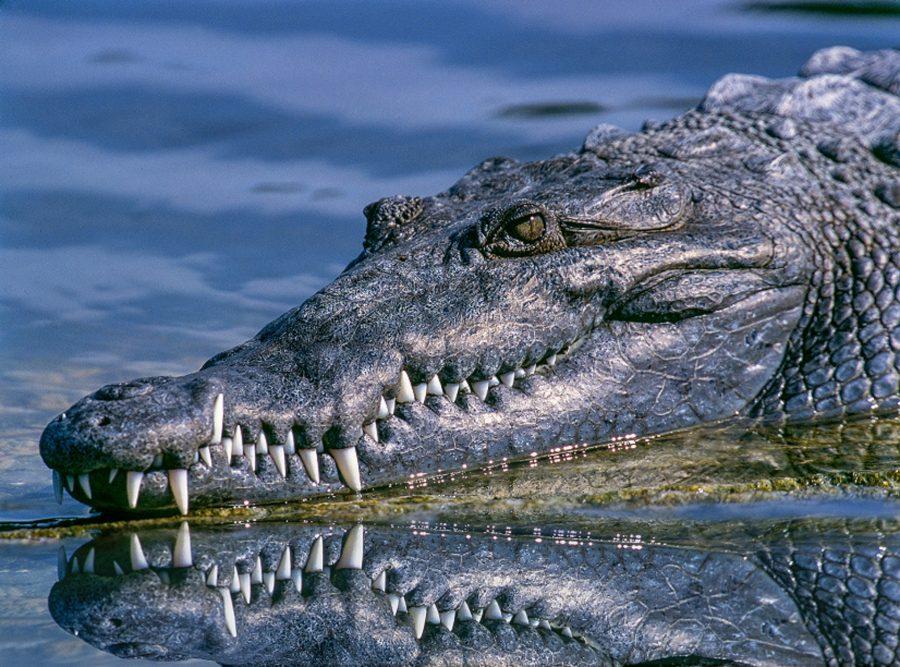Americans are getting more exotic pets
January 11, 2017
Americans love pets— cats, dogs, hamsters, reptiles … holding them close to their hearts. In recent years, people have started to branch out when it comes to breeds of pets. More exotic and uncommon animals are trying to be domesticated by humans, like some species of birds, foxes, snakes and even bugs.
“Exotic pets are becoming increasingly popular around the United States, with an estimated 18 million households providing homes for over 151 million such animals,” CBS news said.
A pet gaining popularity in recent years is a marsupial known as the Sugar Glider. They live around 12 to 15 years, and tend to be very attached to their owners. Most Sugar Gliders have been known to eat a pellet food diet along with vitamins, but in the wild they are omnivores and eat fruits, eggs and insects. The main problem with keeping them as pets is because they are a lot of work and take almost constant attention— which most individuals cannot provide.
“They are small. Once trust is established they have a wonderful bond with their owners. You can keep them with you most of the day in a pouch. They seem to make very good apartment pets if you don’t have a lot of space,” said Sugar Glider owner Jessica Furr to EFExotics, a website for exotic pet owners and experts.
Some people don’t end up keeping animals that are small and docile though, as another pet gaining popularity is American alligators. Many people purchase and obtain hatchlings and young alligators because they’re seen as small and cute; however, the owners end up releasing them into public, freshwater bodies as soon as they get big and dangerous. They can have up to 80 teeth at one time, and adult alligators often go through around 2500 teeth during their lives. Most gators as pets are fed live and dead meat from other animals, but much of the time people get rid of them before it gets to that point.
“Most people expect that regular handling will reduce their aggressive reptile into a placid lapdog, but they come away disappointed. While some species can become more tolerant than others, this often requires many years of hard work,” said crocodilian.com, a site designed by experts to keep people away from keeping alligators, caimans and crocodiles as pets.
Fennec foxes are also rising in popularity. These small canines are naturally found in northern Africa and the Sahara Desert. Typically weighing in at 3 or 4 pounds, many people keep them as pets because they are small in size. Since they do come from a canine background, they are omnivores who usually eat other animals like lizards, rodents, eggs, and plants.
“Fennecs are very time-consuming in the form of playtime, feedings, and socialization, but spend a good deal of the time sleeping and resting in general,” says FennecFoxes.net, an expert website regarding the care of fennec foxes in captivity.
Whether its hedgehogs, sugar gliders, alligators, monkeys, or just feral animals, exotic pet owning is on the rise.
“The term exotic pet has no firm definition; it can refer to any wildlife kept in human households—or simply to a pet that’s more unusual than the standard dog or cat. Lack of oversight and regulation makes it difficult to pin down just how many exotics are out there,” said Lauren Slater of National Geographic magazine.







